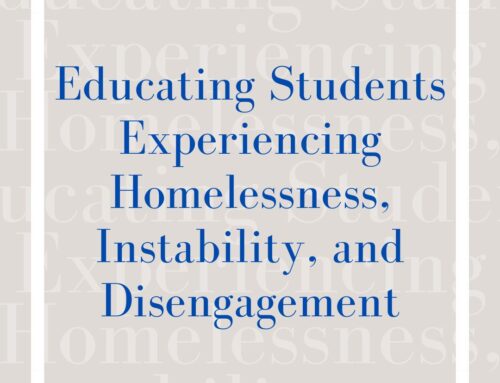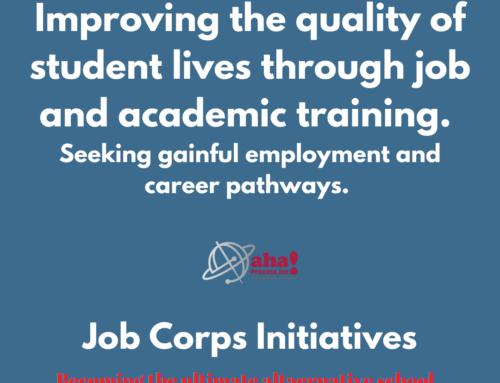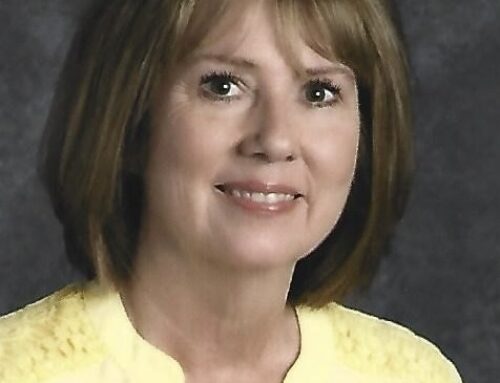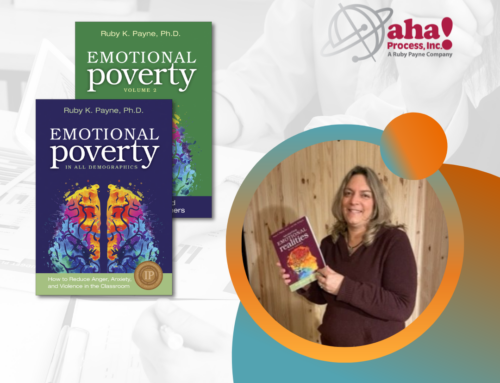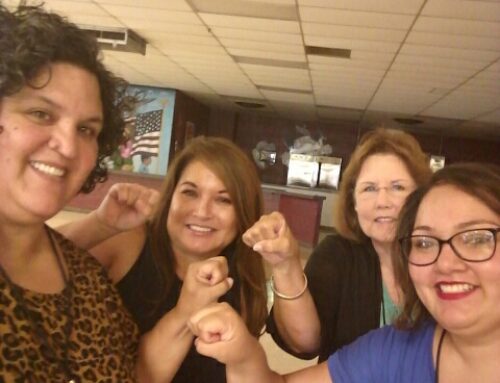Summer school for middle grades had been frustrating and unfruitful. Students viewed the session as punishment for failure and teachers dreaded facing a roomful of resentful pupils. We decided on a new approach and revised the format to focus on building the resources described by Ruby Payne. The results were amazing. Students were inspired. Teachers were renewed and test scores improved. The old adage, “They don’t care how much you know until they know how much you care,” rang true.
Principal Denver Stairs noted that the students came in angry, but attitudes soon began to change. Teacher Noelle Golling shared comments written by the students about their experience:
- Summer school seemed like it went much faster this year—it was fun!
- Really liked the field trips—keep those.
- This was WAY better than last year.
- Liked hearing from high school kids—they are more like us.
Mrs. Golling added, “This was such a fulfilling experience. I really felt like we made a difference.”
Our team had a chance to review the essays written by our students as part of their exit project. These were a few of the things they said they learned about facing life’s challenges:
- Never lose faith.
- You don’t have to follow the same path as your brother.
- Learn from his mistakes and yours.
- You can have a different life if you want to change things.
- Live the life YOU want.
- I don’t want to be the same person I was.
- I can try harder each day.
- I am not the only one going through these struggles.
- Struggles are a good thing in disguise. I have been through many hardships and I have survived them all.
The group consensus was to recommend this new format to our entire district for next summer. Building in resources and support not only changed attitudes but effort and focus as well. We agreed to divide up the list of names and check in on these students during the school year to provide the support they need to stay on course.
It was suggested to include training and planning time before we begin next year. This would be an excellent time to review the individual resources chart and to comprise mental models relevant to the summer curriculum.
Middle school gives us only a two-year period to work with our students. Sometimes we plant seeds and just hope that they take root. This summer we not only planted, we got to see a little of the potential harvest ahead. Thank you, Ruby Payne and aha! Team! You provided not only an understanding of the needs of our under-resourced students but the tools to help them succeed.


